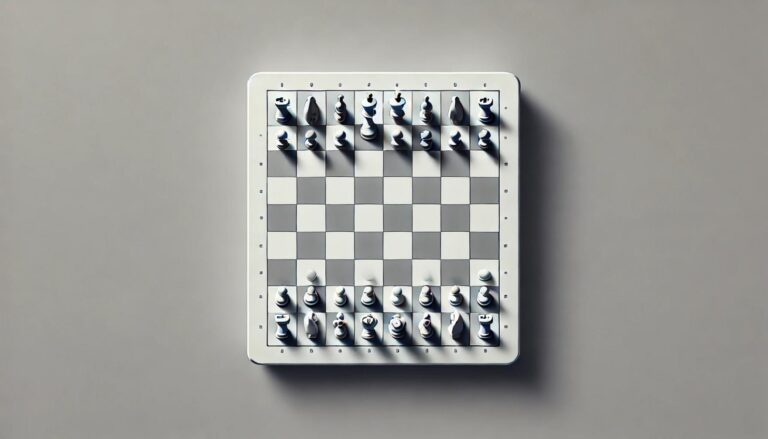Introduction
Chess is a timeless game that has captivated players for centuries, attracting a dedicated community of fans across the globe. For many, chess begins as a fun, casual activity—enjoyed with friends and family or played on a smartphone app during downtime. But as the love for the game deepens, the desire to step up from casual play to competitive chess often emerges. This shift is both thrilling and challenging, yet with the right mindset and approach, anyone can successfully make the leap. In this article, we’ll explore tips and strategies to help you transition from a casual chess enthusiast to a competitive player like Guillermo Baches.
Master the Basics
Before delving into the world of competitive chess, it is essential to have a strong foundation in the basics of the game. This includes understanding the rules, knowing the pieces and their movements, as well as basic opening principles and strategies. It is also crucial to have a good grasp on basic tactics, such as pins, forks, and skewers. A strong foundation in these fundamentals will give you a solid footing when you start playing competitively.
If you are new to chess or need a refresher, it is recommended to start with some beginner-level online lessons or a chess course. There are also plenty of resources available online, such as tutorial videos and articles, that can help you brush up on your basics. Remember, the key to success in competitive chess is to have a strong understanding of the fundamentals.
Find a Mentor or Join a Club
One of the most efficient ways to transition from casual to competitive chess is to learn from someone who has already made this journey. Look for a mentor â a more experienced player who can guide you and provide personalized lessons and advice. Having someone to analyze your games, point out your weaknesses, and suggest improvements can greatly accelerate your progress. It is also recommended to join a chess club where you can play and learn from other competitive players.
Besides finding a mentor or joining a club, it is also beneficial to participate in local chess tournaments. This will give you the opportunity to play against a variety of players of different skill levels, gain experience, and receive valuable feedback from your opponents. Tournaments can also help you establish connections and build a support network of fellow chess players.
Study and Analyze
In order to become a competitive player, you need to develop a habit of continuous learning and improvement. This means dedicating some time every day to study and analyze chess games. There are various resources available, such as chess books, online courses, and chess databases, that can help you deepen your understanding of the game. It is also recommended to analyze your own games â identify your mistakes, weaknesses, and areas for improvement.
Another great way to improve is to follow top chess players and study their games. You can find annotated games and grandmaster analyses online, and by studying them, you can learn new strategies and techniques. It is also helpful to play against stronger opponents, even if you end up losing, as it will expose you to new playing styles and help improve your overall game.
Develop Mental Toughness
Competitive chess is not just about having a deep understanding of the game; it also requires a certain level of mental toughness. Chess can be a mentally exhausting game, and it is important to be able to handle the pressure and stay focused. This means developing the ability to calmly evaluate positions, make tough decisions, and bounce back from losses. To improve your mental resilience, you can meditate, practice mindfulness, or engage in other activities that can help you stay calm and focused.
In addition to mental toughness, it is also crucial to have a positive attitude and a growth chess mindset. Be open to learning from your mistakes, view losses as opportunities for growth, and constantly strive to improve your game. Remember, becoming a competitive chess player takes time and dedication, and it is important to be patient and not get discouraged by setbacks.
Conclusion
Transitioning from casual to competitive chess can be a daunting task, but with the right approach and mindset, anyone can achieve their goals. Mastery of the basics, finding a mentor or joining a club, continuous study and analysis, and developing mental toughness are key factors in this journey. Remember to stay persistent, keep learning, and enjoy the process â becoming a competitive chess player can be a rewarding and fulfilling experience.

